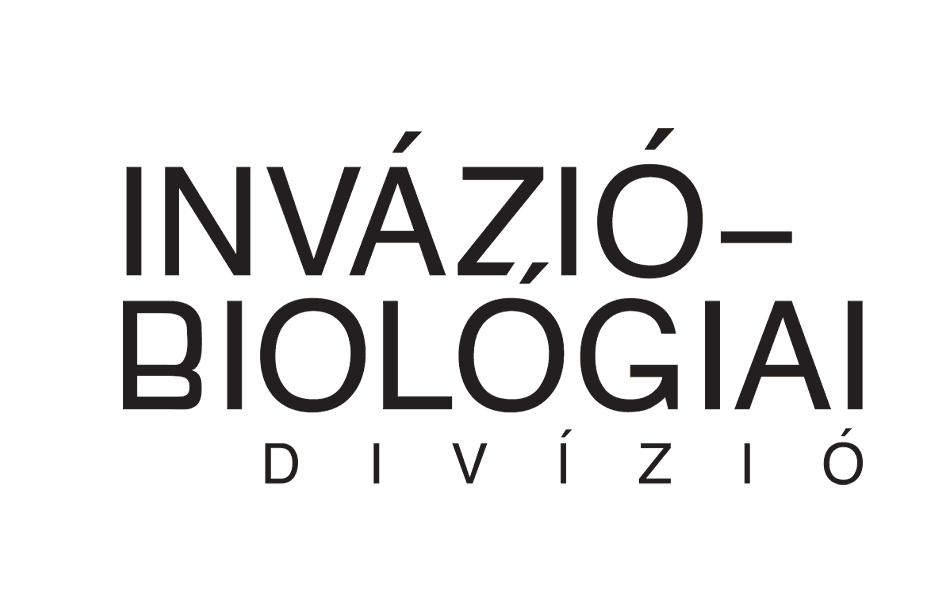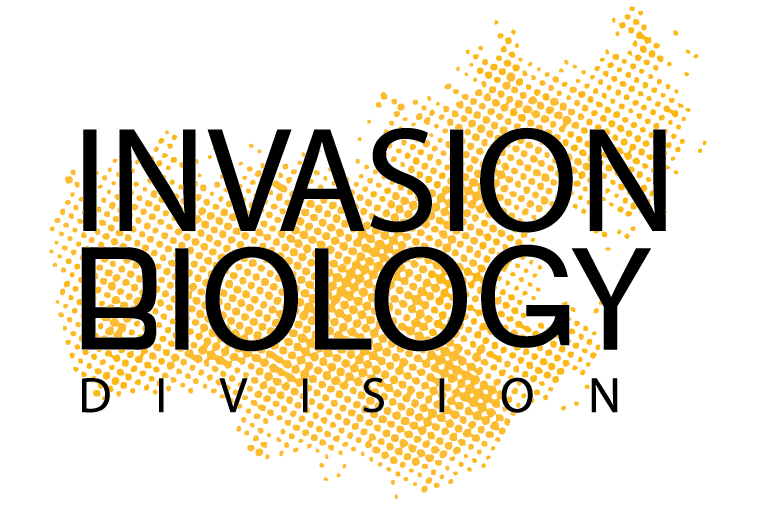One of the main causes of biodiversity loss is biological invasion, which has negative impacts on the economy and society. As the invasion problem becomes more and more serious, there is an urgent need to develop more innovative, effective and proactive strategies to help improve the resilience of native communities to invasion by limiting the establishment and spread of invasive alien species. Developing effective prevention, mitigation and restoration strategies requires an understanding of the processes underlying biological invasion and resistance to invasion.
A systematic review and meta-analysis on seed-based ecological restoration experiments was conducted in collaboration with several research groups at the HUN-REN Ecological Research Centre, National Laboratory of Health Security, Division of Invasion Biology, to investigate the potential of functional similarity, seeding density and priority effects to increase resistance to invasion. A comparative analysis of 48 studies showed that ecological restoration based on seed sowing has the potential to limit the establishment and growth of invasive alien species. Providing priority to native species was found to be the best method to increase the resistance of plant communities to invasion, as it can reduce the performance of invasive alien species by more than 50%. Even the short-term (only one week) seeding advantage has been shown to be beneficial for native species, but the priority effect can be further enhanced by increasing the temporal advantage. Seeding functionally similar species generally had a neutral effect on invasive alien species. High-density seeding was effective in reducing invasive alien species, but there may be thresholds above which further increases in seeding density do not necessarily result in increased resistance to invasion.
The results of this publication suggest that priority should be given to the establishment of native species to prevent the spread of invasive alien species and reduce their impact. The study also highlights the need to integrate research across geographic regions, global invasive species and potential resistance mechanisms to improve the predictive capacity of invasive ecology and identify best restoration practices to prevent and control invasive alien species.



